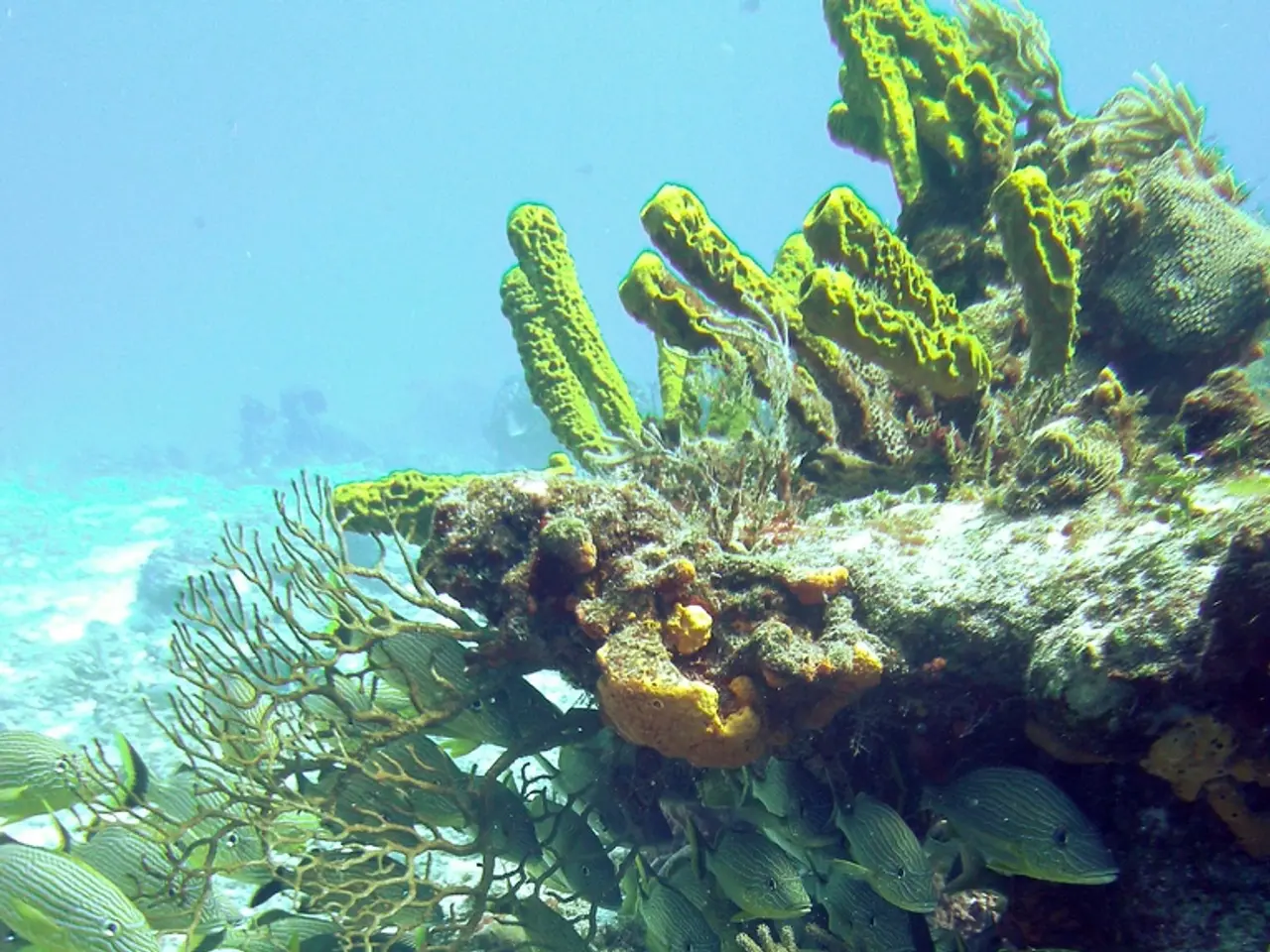Students Prepared to Confront Oceanic Issues in the 'Hacking for the Oceans' Classroom
The University of California, San Diego's Jacobs School of Engineering is the hub for a new course that's making waves. Hacking for the Oceans, a program of the National Security Innovation Network (NSIN), is teaching students how to apply lean startup principles to ocean-themed societal and technical challenges.
Enrollees in the course come from various disciplines, including computer science and engineering, nanoengineering, electrical engineering, physical oceanography, and more. One such student is Michelle Sit, a computer science and engineering master's student, who is developing a generalized autonomy software package for unmanned surface vehicles to monitor harmful algal blooms (HABs) using the Liquid Robotics Wave Glider.
The course is modeled after Hacking for Defense, a course that focuses on training students to address national security challenges. It's led by marine scientists Eric Terrill, Sophia Merrifield, and Steve Weinstein, and each team receives weekly guidance from their sponsor as well as an entrepreneurial mentor.
This quarter, teams are working on five projects, with the final presentations scheduled for June 11. The interdisciplinary nature of the course was a major draw for Sit, who has learned a great deal from lectures and guest speakers despite having no scientific knowledge about the ocean at the start of the course.
In-person collaboration wasn't possible this quarter due to the COVID-19 campus closure, but the instructors fostered comments between groups with breakout rooms, feedback documents, and encouraging comments after presentations. Sponsors for the course include local, state, federal agencies, industry, and non-governmental organizations.
The development of the course was co-funded by the National Philanthropic Trust. The current teams will be sharing their final projects in a public presentation, giving sponsors and mentors a chance to see the culmination of 10 weeks of hard work and the potential for future collaboration and innovation.
Interested individuals can RSVP for the remote event by visiting the event registration page. The course is planned to be offered again next spring, and eventually, to expand to other universities. For those who miss the event, the impact of Hacking for the Oceans is certain to ripple out, promising a future where technology meets the ocean's challenges head-on.
Read also:
- Experiencing Life's Variety Firsthand: Gaining Insights from Life's Broad Spectrum of Experiences
- Impact of Complex Post-Traumatic Stress Disorder on Romantic Relationships: Symptoms, Causes, and Precautions
- Strategies for Keeping Work Reasonable and Rewarding for those with Autism and ADHD
- Impaired Driving Awareness Campaign Announced by MADD Under the Name "End Herre"








